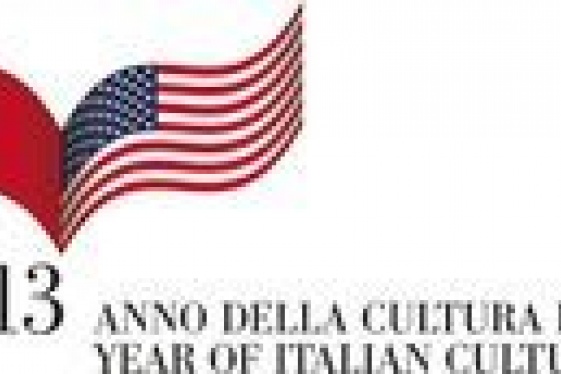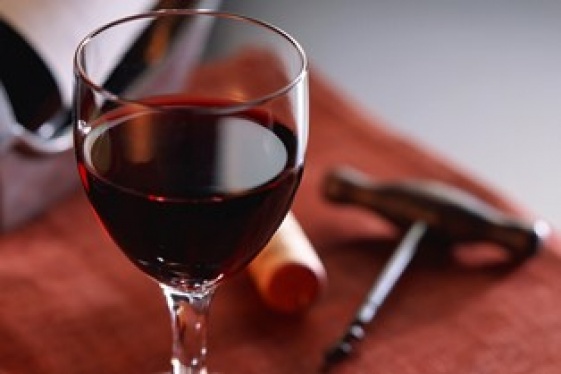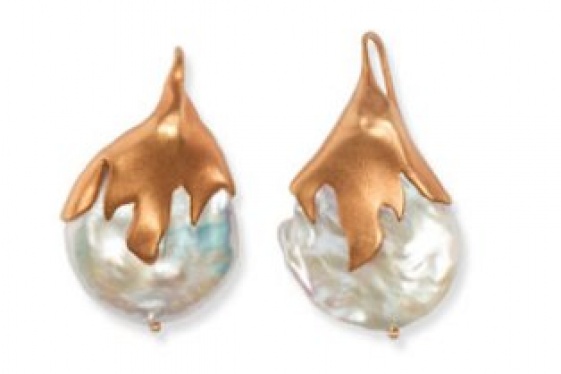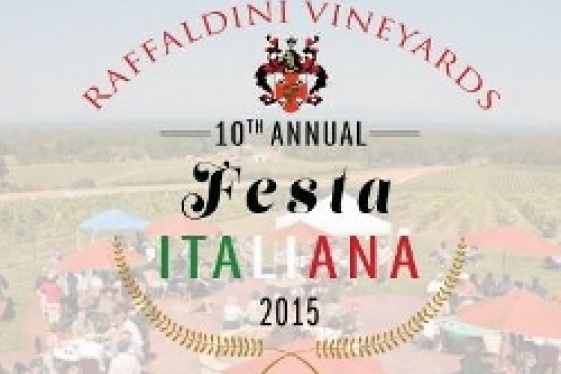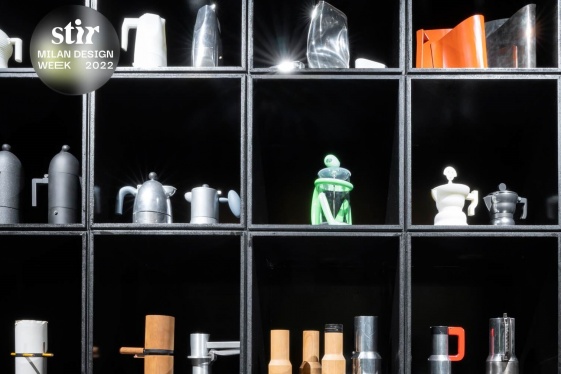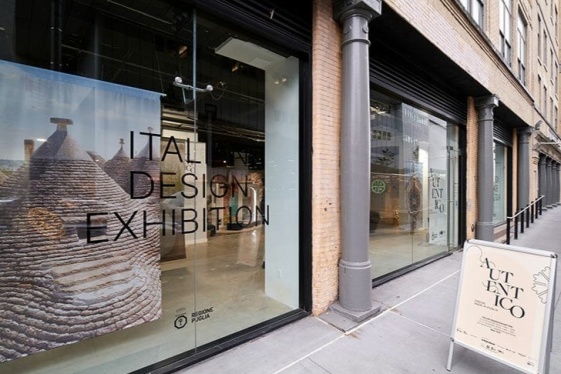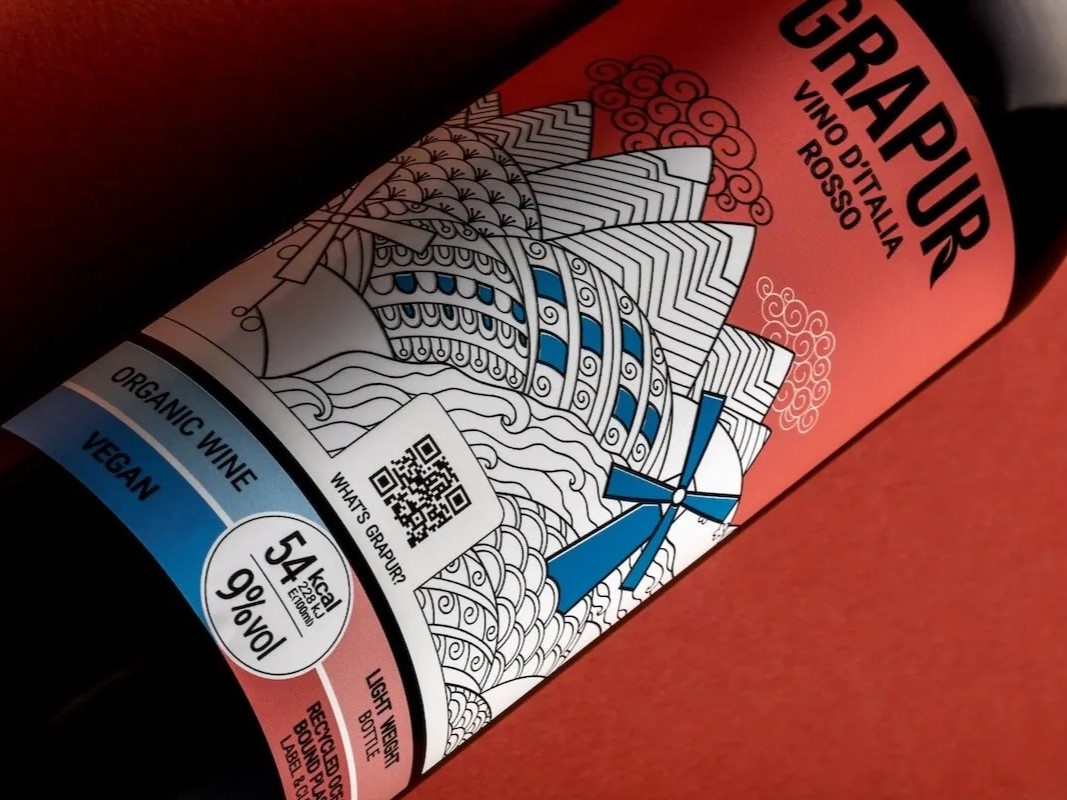

Italy’s business landscape is famously dominated by small and medium-sized enterprises (SMEs), with very few large corporate groups. In such a fragmented environment, collaboration between companies is not just beneficial—it’s essential. By building networks, sharing expertise, and increasing their collective scale, Italian businesses can better compete in both domestic and international markets, including against much larger global players.
However, finding true examples of effective collaboration among Italian companies is not easy. A deep-rooted cultural individualism—while partly responsible for Italy’s artistic and creative excellence—has also often stood in the way of long-term cooperation. That’s what makes the Grapur Project such a valuable and inspiring case: it shows how collaboration in design and sustainability can lead to remarkable results.
At the 2025 edition of the Red Dot Awards, one of the world’s most prestigious design competitions, held on July 8 in Essen, Germany, the Grapur Project took home two top honors. It won the Red Dot “Best of the Best” award in Sustainable Design – Packaging and the Red Dot Product Design award in the Packaging – Beverage category.
The winning product was the ultra-lightweight Bordolese AIR bottle, created for Grapur wine—a vegan, organic, low-alcohol (9%), non-dealcoholized wine with just 54 calories per 100 ml. Weighing only 300 grams, the bottle dramatically reduces its environmental impact throughout its lifecycle, proving that glass can be reimagined in a sustainable way without compromising quality, safety, or style.
The bottle was developed by the design and marketing teams at Mack & Schühle Italia, a company specializing in the production and distribution of Italian wines worldwide. But the true strength of the project lies in the synergy between several companies working together.
The bottle was manufactured by Verallia, one of the world’s leading glass packaging producers, with over 16 billion bottles produced annually and a firm commitment to cutting CO₂ emissions by 46% by 2030. With around 11,000 employees and 35 glass production facilities across 12 countries, Verallia is Europe’s top producer and the world’s third-largest supplier of glass packaging for food and beverages. Its CSR efforts earned it the Ecovadis Platinum Medal, placing it in the top 1% of companies assessed by the platform.
The Grapur Project also incorporates “Nomacorc Ocean” closures from Vinventions, made from recycled ocean-bound plastics (OBP). Vinventions is a major player in closure solutions for wine, spirits, and olive oil, with more than 650 employees and production sites in Belgium, France, Italy, Mexico, Argentina, South Africa, and China.
The label, made from recycled plastic recovered from coastal areas, comes from UPM Raflatac’s “Ocean Action” line. UPM Raflatac provides high-quality self-adhesive paper and film labels and operates 14 production sites with about 3,200 employees. In 2024, the company posted revenues of approximately €1.6 billion.
For the finishing touches, Luxoro added elegant and refined elements to the packaging using sustainable materials. Luxoro is the exclusive Italian partner of the global KURZ Group, a leader in hot, cold, and digital stamping technologies. The company is strongly committed to environmental responsibility, offering recyclable, compostable finishes and innovative solutions such as polyester carrier recovery programs.
The outer packaging, produced by Scatolificio Ondulkart, is made from recycled cardboard and printed with water-based inks. Based in Cessalto, the family-run company was founded in 1969 and today blends advanced technology with a strong focus on sustainability.
Fedele Angelillo, CEO of Mack & Schühle Italia, stated: “Receiving these prestigious awards is a source of pride and satisfaction. It proves that when excellence is shared among partners, the impact can be truly significant—both within and beyond the wine industry.”
The Grapur Project is a clear reminder of what can be achieved when companies work together. In the world of design—an increasingly multidisciplinary and team-oriented field—this kind of collaboration is natural. But it should become more common across the broader Italian business world. In a time of global economic instability and disruption, we would do well to remember the famous words of Al Pacino’s character in Any Given Sunday: “Either we heal now, as a team, or we will die as individuals.”
You may be interested
-
A Week in Emilia Romagna: An Italian Atmosp...
The Wine Consortium of Romagna, together with Consulate General of Italy in Boston, the Ho...
-
Cooking With Italian Red Wine
Wine has a long, rich history as a cooking liquid. One of the early "cookbooks," compiled...
-
L'Arte del Gioiello Italiano - Lecture and T...
How has Italy influenced the world of Jewelry? Join us for a special lecture on the a...
-
Raffaldini Vineyards' 10th Annual Festa Ital...
Saturday September 19, 11 AM/5 PM - Raffaldini Vineyards & Winery - 450 Groc...
-
Sons of Italy Wine Tasting Series
Saturday, August 1 - 12.30 EDT / Valenzano Winery - 1090 Route 206, Shamong, New...
-
Wonderful Italian Wine for Summertime 6/26 N...
The President of the Italian Wine & Food Institute cordially invite you to celebrate:...
-
'Alessi 100-001' celebrates 100 years of Ales...
Iconic Italian design brand Alessi is celebrating its centennial with an exhibition titled...
-
'Autentico: design made in Puglia' pop-up exh...
‘Autentico. Design made in Puglia’ is located at 82 Gansevoort Street, New York, and be op...



